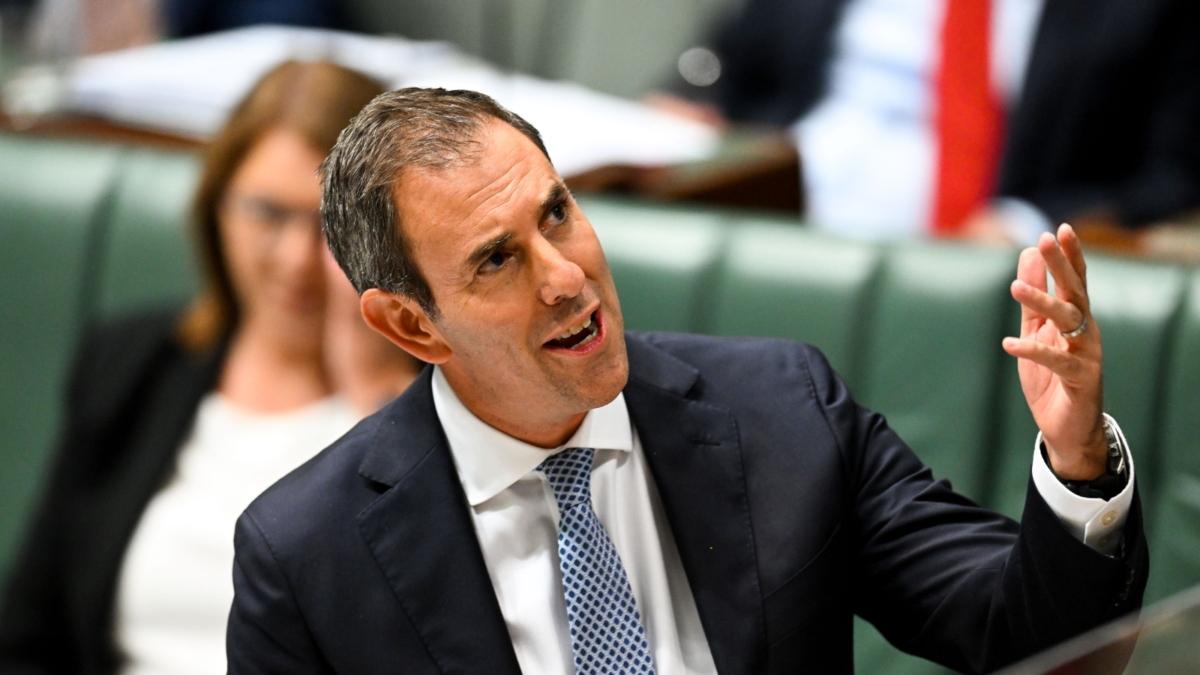Asset servicing needs: as alternatives managers diversify
Even before the fallout from COVID-19 hit home, hedge funds and other alternatives managers had been looking to diversify their offerings to cater to a shifting investment environment. This has had “strong implications” for their operating models as well as their traditional service providers, according to a report by the asset servicing arm of Northern Trust, a global custodian and systematic-style fund manager, with a presence in Australia and New Zealand.
The most prevalent changes among alternatives (alts) managers have included the move for pure-play hedge funds to expand into closed-end private structures. The private equity (PE) trend is the most predominant, alongside private debt, real estate and infrastructure. There are also instances of PE shops going the other way: exploring open-ended fund structures, but with those managers the inherent imbalance of portfolio versus investor liquidity is a challenge.
The report, ‘The Shape of the New Alternative Asset Manager’, says that, ultimately, alts managers must consider their core strategy in the context of alpha versus liquidity, the shifting investor landscape, and the practical realities of executing their business strategy. It is subtitled ‘How Diversifying into New Asset Classes Raises Opportunities and Challenges’.
Performance was a big driver in the diversification shift. Hedge fund managers have tended to struggle in recent years while their private markets counterparts seemed to sail through market drawdowns and forever have a lot of dry powder waiting to be invested. In the US, the home of more than half the world’s hedge funds, the market outperformed them for the entire past decade with the exception of 2018, when hedge funds edged out the market with a 4.05 per cent loss versus the S&P 500’s 4.38 per cent loss, according to a special report on CNBC.
And, investors started to switch out of hedge funds and into private markets or direct listed market products. In 2019, for instance, hedge funds made up a third of institutional investors’ alternative investments, according to EY’s annual ‘Global Alternative Funds’ survey. This was down seven percentage points from 2018. Meanwhile, private equity grew to 25 per cent of institutional investors’ alts investments, up from 18 per cent the year before. As a result, the Northern Trust report says, many hedge fund managers have followed investors’ money and established their own PE funds. More than a quarter of hedge fund managers had a private equity or venture capital offering by 2019. The expansion, clearly, serves as a hedge on overall returns and access to new capital for hedge funds.
The shifting profile of the investor landscape is also exerting pressure on alts managers in the private markets, though, too. “Larger limited partners (LPs) want more options for direct involvement in private equity deals as they gain more experience and confidence in the space. The prospect of new capital from smaller investors through the ‘democratisation of private equity’ has managers exploring the use of open-ended structures, an observation also noted by EY. But the trend isn’t without controversy. While 57 per cent of North American LPs believe significantly more retail money will be invested in private equity in the next five years, 73 per cent of LPs believe PE investing is not suitable for unsophisticated investors, according to Coller Capital,” Northern Trust says.
Post COVID, the report says: “As the fog clears, and managers and investors alike are ready to start making bold moves again, there will be a premium on the speed and robustness of alternative fund responses. In the deployment of new strategies, there are impacts across the investment lifecycle, from the point of trade through to the investor accounting.
But expanding into new products isn’t a move to take lightly. Operations and investor needs can differ vastly between different product types. Deep expertise in the middle- and back-office demands of one product does not necessarily proxy into others, and missteps can be costly. Managers’ time is well-spent understanding the practical demands of different solutions that can help them bridge the knowledge and experience gap.”
An example of a new requirement may be making co-investments with clients for the first time. Fully 65 per cent of LPS said they planned to invest in co-investment opportunities in 2019, according to a survey by ‘Private Equity International’. From an operational point of view, there are two broad considerations:
- Fund and investment valuation. In general, hedge funds’ assets skew towards exchange-traded equities and derivatives, whose values are public knowledge from minute to minute, making valuation clearer, simpler and less risky than private equity. Valuing a PE fund’s investments is less straightforward since the fund’s investments deal in the private market. When seeking fund valuation, PE managers turn to valuation specialists to assess the fund’s investments. Because investment valuations for PE must be done outside a free marketplace, the value determined is less certain since it is based on many assumptions. Additionally, there can be risk related to the possibility that the valuation specialist is connected to the manager or part of the same group.
- Accounting and the waterfall schedule. PE relies heavily on the accounting distribution ‘waterfall’ model and structure. The model is made up of four tiers encompassing return of capital, preferred return, catch-up tranche and carried interest. Developing a waterfall schedule that appeals to and attracts investors – while still being feasible to carry out during the lifespan of the fund – requires deep experience and knowledge of PE operations. Since hedge fund capital structure is much more liquid, hedge fund managers are not accustomed to the operations and development behind a multi-tier distribution waterfall schedule. Developing such a schedule and committing to following it are big undertakings particularly as PE funds must carry out actions such as increasing the number of LPs and making capital calls and distributions.
The report says: “As managers try their hand at new alternatives strategies, they must have a clear strategy, deploy seasoned expertise and seek out the ideal service providers to assist on their mission. This will underpin new investment options to investors, diversify their alpha-generation strategies, and ultimately change their stripes to navigate through current economic uncertainty and outperform the market and their competitors.”
– G.B.










